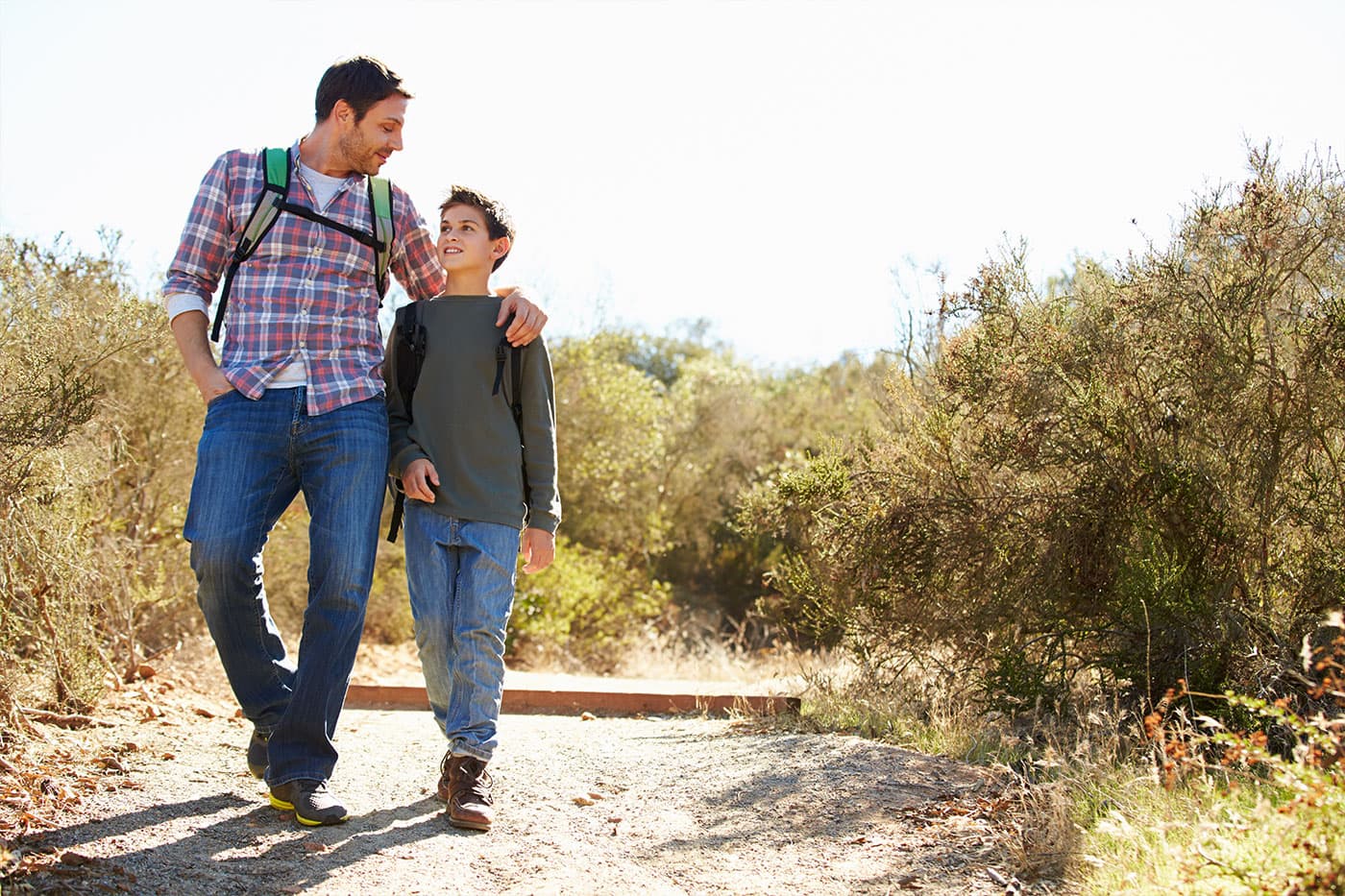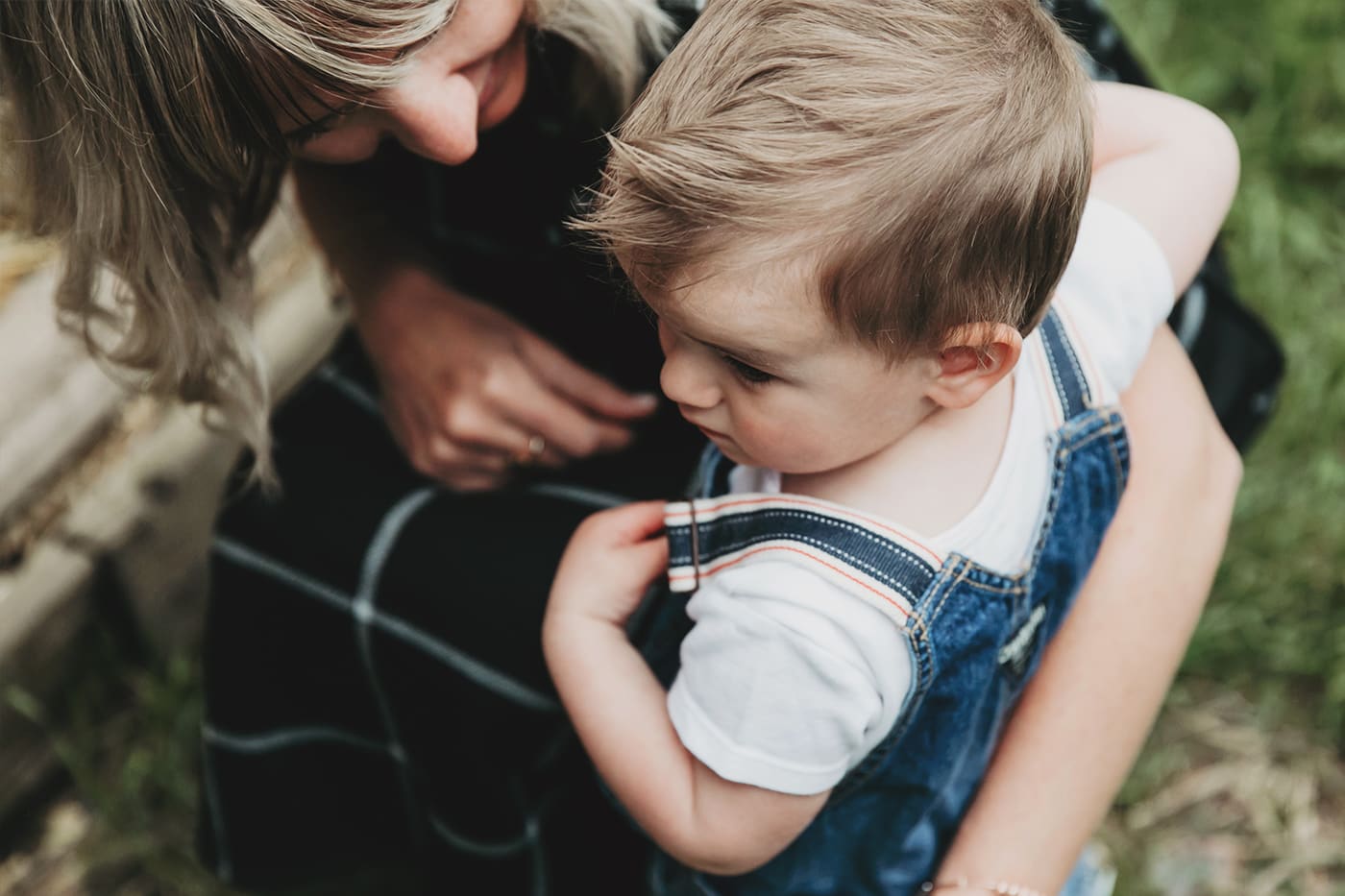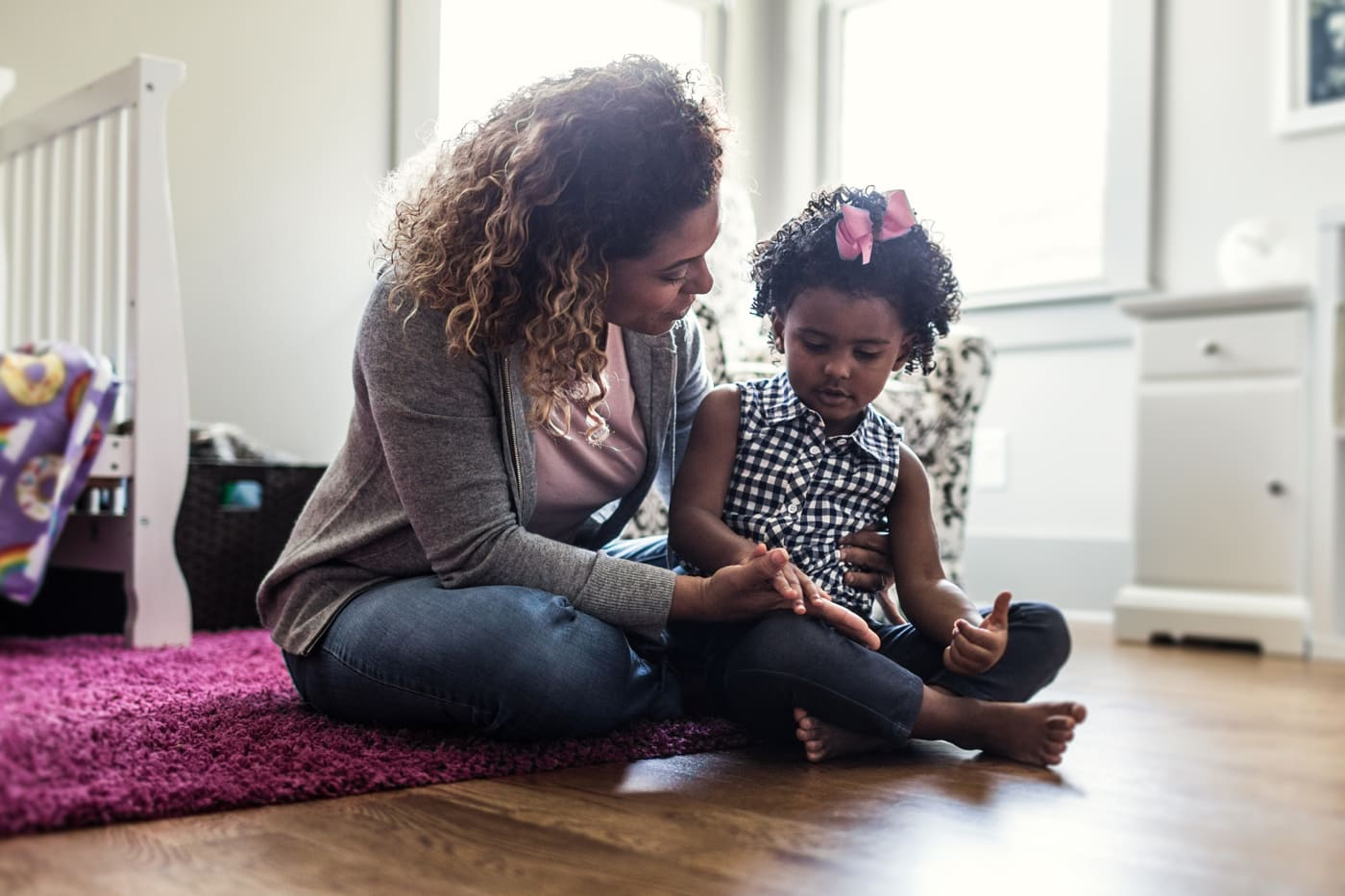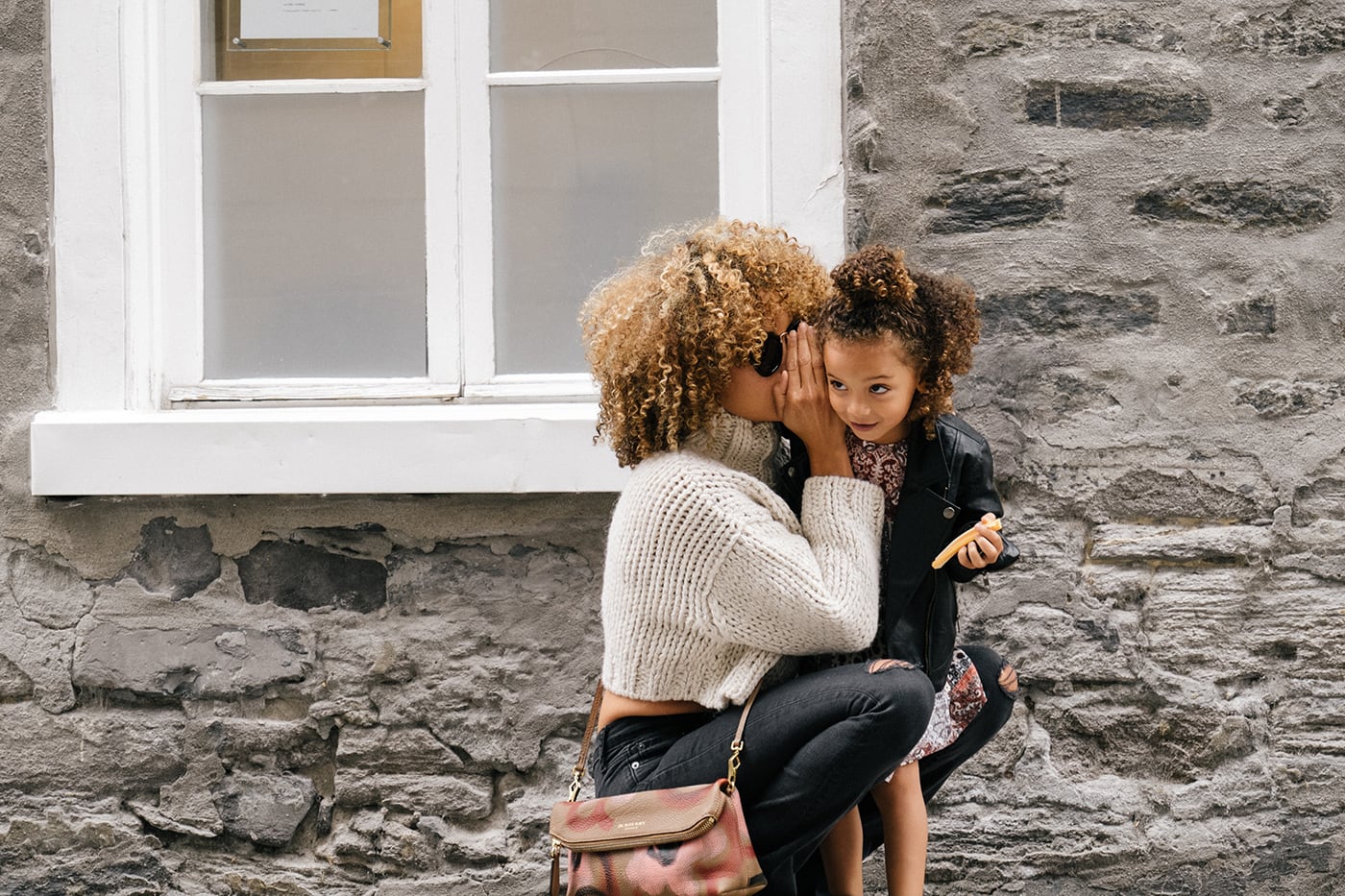How to Report Sexual Abuse in the United States
If you’ve found yourself in the difficult situation of either knowing or suspecting that sexual abuse is happening, you may have questions or hesitations about reporting the abuse. However, it is important to report what is going on so that the abuse will stop and all those involved can be connected with the resources they need to begin recovering and healing.
We don’t want to downplay how hard and scary it can be to face the prospect of reporting sexual abuse. There are numerous reasons that you might not want to report. The perpetrator could be someone you love and care about, including a family member or even a child or teenager. You might feel like reporting will be disruptive and the abuse is none of your business. You might tell yourself that you should be absolutely certain that abuse is happening before you report.
Despite the legitimate concerns you may have, consider what’s at stake for the child who is being abused. Children who experience trauma like sexual abuse can suffer consequences for the rest of their lives. You need to do what you can to stop that trauma from occurring, and if sexual abuse has occurred, continuing. Here are some practical questions you might have about reporting in the United States.
There are other resources out there to help if you still have questions about reporting and if you need support throughout the process.
Stop it Now: 1-888-PREVENT (888-773-2362).
Childhelp: 1-800-4-A-CHILD (800-422-4453).
Share this Post








